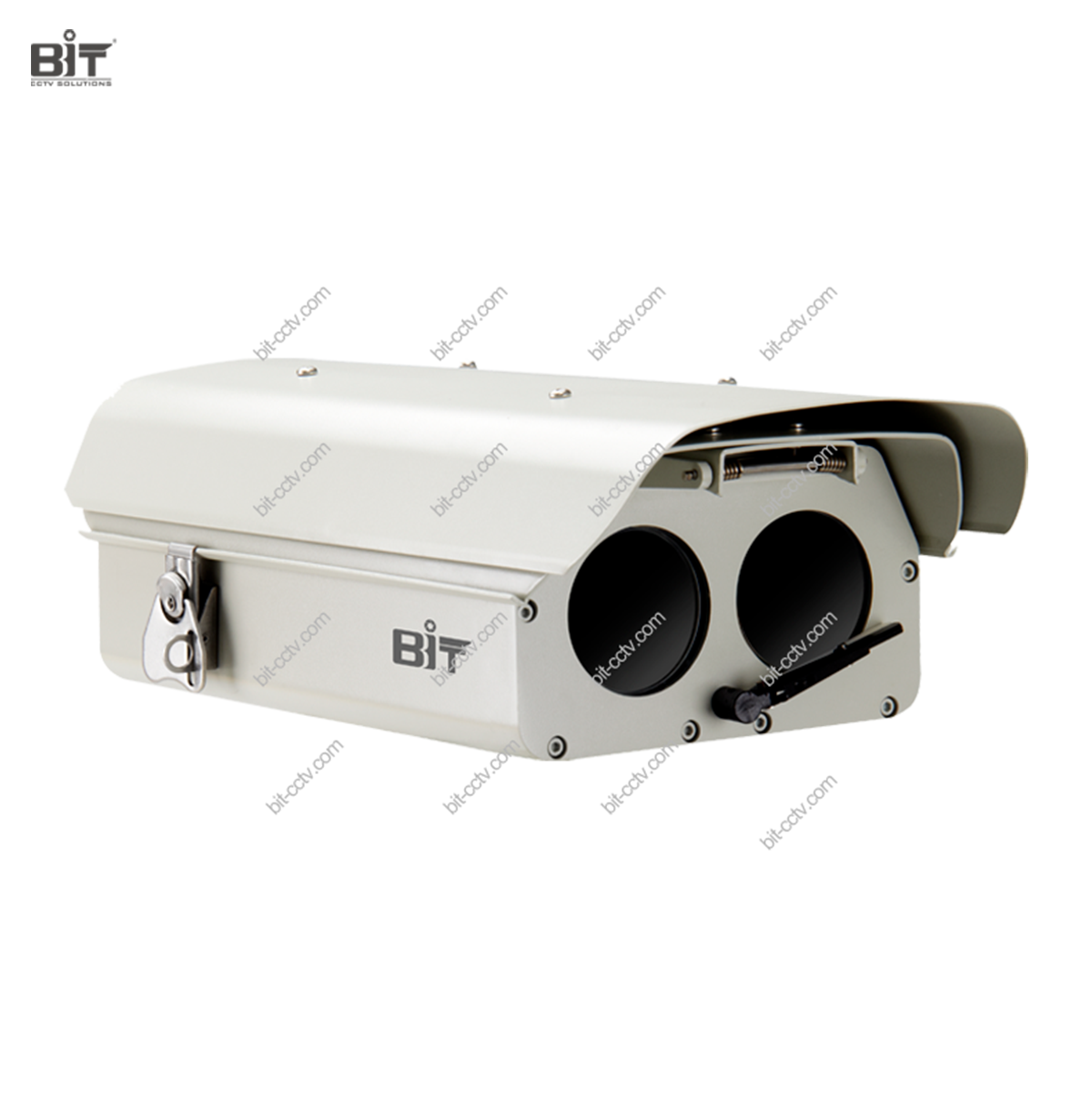Dual Cabin Camera Housing Design and Implementation

html
Dual Cabin Camera Housing Design and Implementation
In the rapidly evolving world of surveillance and monitoring systems, the demand for advanced camera solutions has grown exponentially. One such innovation is the dual cabin camera housing, a specialized enclosure designed to protect and optimize the performance of dual-camera setups in challenging environments.
Understanding Dual Cabin Camera Housing
Dual cabin camera housing refers to a protective enclosure that houses two separate camera units within a single structure. This design offers several advantages:
- Space efficiency in installations where multiple cameras are needed
- Improved protection against environmental factors
- Simplified wiring and maintenance
- Consistent positioning of multiple camera angles
Keyword: dual cabin camera housing
Key Design Considerations
When designing dual cabin camera housings, engineers must address several critical factors:
Material Selection
The housing material must provide durability while being lightweight enough for easy installation. Common choices include:
- Weather-resistant polycarbonate
- Marine-grade aluminum
- Stainless steel for corrosive environments
Thermal Management
Proper thermal regulation is crucial for maintaining camera performance. Design features may include:
- Ventilation systems with dust filters
- Integrated heating elements for cold climates
- Thermal insulation layers
Mounting and Accessibility
The housing design should facilitate:
- Multiple mounting options (wall, pole, ceiling)
- Easy access for maintenance and adjustments
- Cable management systems
Implementation Challenges
Implementing dual cabin camera systems presents unique challenges that must be addressed:
Electromagnetic Interference
Proximity of two cameras can cause interference. Solutions include:
- Shielded compartments
- Proper grounding techniques
- Careful cable routing
Optical Alignment
Maintaining precise camera alignment requires:
- Stable mounting platforms
- Adjustment mechanisms
- Vibration dampening
Future Developments
The future of dual cabin camera housing includes exciting possibilities:
- Integration with AI-powered analytics
- Modular designs for easy upgrades
- Self-cleaning mechanisms
- Solar-powered options
As surveillance needs continue to evolve, dual cabin camera housing solutions will play an increasingly important role in security and monitoring applications across various industries.